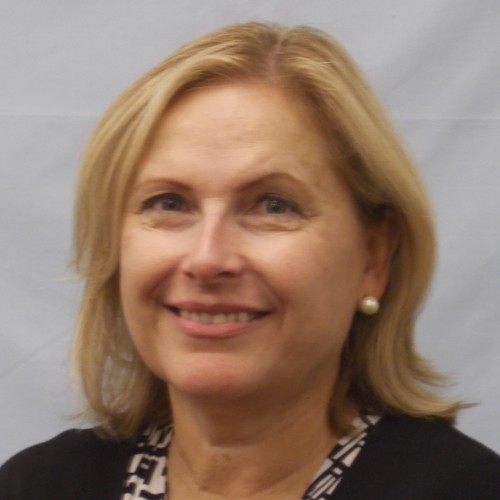LTC providers key to making healthcare reform work
As the U.S. Supreme Court considers the constitutionality of the Affordable Care Act this week, LTC providers continue to move forward with short- and long-range strategies to adapt to a rapidly changing healthcare landscape.
Senior living executives gathered earlier this month in San Diego to discuss big picture industry issues at Senior Living 100, a thought leadership conference. There, they shared experiences and ideas on everything from new approaches to acuity adaptable spaces, models for differentiated care in assisted living and memory care and innovative ways to appeal to consumers’ changing lifestyles and affinities.
With assisted living communities looking more like skilled nursing facilities and SNFs like acute care (as one provider suggested), look for a “culture transformation,” said Denise Rabidoux, CEO, Evangelical Homes of Michigan. “We’re an organization of choice, [known] not by our bricks and mortar but as a provider of solutions, programs and services.”
Providers are compelled to be more responsive to hospitals’ needs, while launching community outreach and medication management, said Joe La Rue, president, Sun Health Partners. With 1,200 residents in its communities, New Perspective Senior Living’s Todd Novaczyk has designated “Life Engagement Associates” or life coaches, to serve as liaisons between residents and their healthcare providers.
Care transition programs that address the readmissions issue are critical, La Rue said, especially when “discharge instructions are not followed.” It’s also imperative to move beyond looking at episodes of care to the entire continuum of care to ensure quality of life through transitions, said Scott Townsley, principal, CliftonLarsonAllen LLP.
Measuring outcomes is key in demonstrating to stakeholders the ability to deliver quality care, said Andy Kohlberg, president and CEO, Kisco Senior Living. Considering the importance of intelligence gathering and analytics led to a lively discussion of the role of emerging technologies in long-term care.
“Technology for the sake of technology is not [necessarily] good,” Rabidoux said. “It’s another tool in our toolbox. We do look at technology and wellness as partners.” There must be an investment in education or technology applications will fail, Kohlberg said. “[Having] an IT department is not the answer,” Kohlberg said. “You need operational educators—or put the gadget back in the closest.”
The providers went on to discuss the value of electronic health records (EHRs), telehealth and other emerging technologies like fall prevention and GPS devices. Interoperability is key, said Terry Sullivan MD, VP, enterprise sales & managed care, Golden Living. “We have to find a way to talk to each other.”

Patricia Sheehan was Editor in Chief of I Advance Senior Care / Long Term Living from 2010-2013. She is now manager, communications at Nestlé USA.
Related Articles
Topics: Articles , Finance











